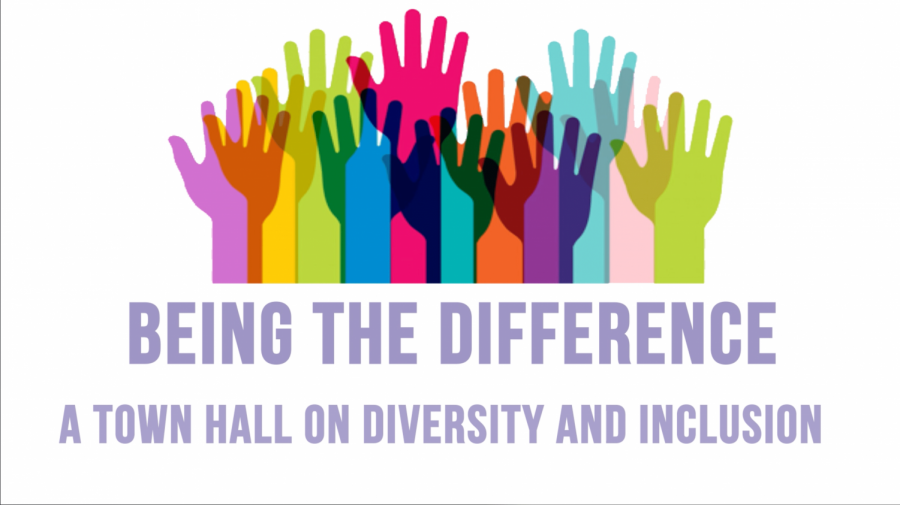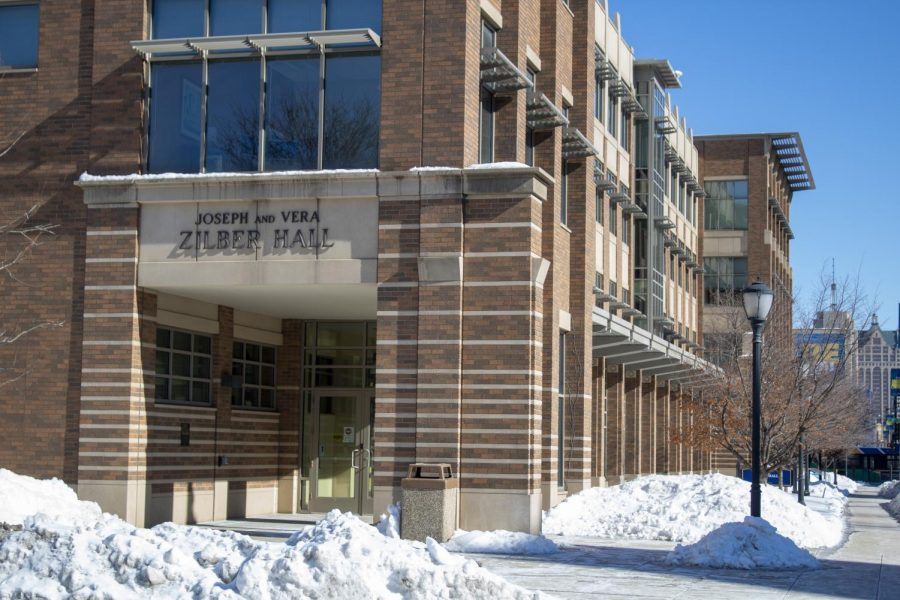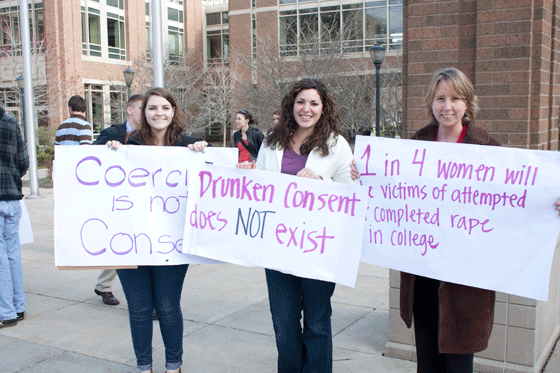
Marquette University should make the Justice in Action Conference, which is scheduled for Feb. 27 on a virtual format, mandatory for all students, faculty and staff members.
It is essential in today’s society that our community is well versed on the inequities and inequalities that continually have an affect on underrepresented members of our school, city and nation.
At the Justice in Action Conference, presentations will be given from social justice initiatives and organizations from the Milwaukee area that will focus on disparities that are common in today’s society, such as health care, legal rights and education.
As University President Michael Lovell said in the Racial Injustice Town Hall June 17 last year, there are disparities in “health care, job losses and economic opportunities” that are based on race. President Lovell added that the persistence of these disparities in our country must no longer plague our city, our nation or Marquette.
Unfortunately, there has been little advertising by Marquette as an institution for the JIA Conference. In fact, the only advertising has been through the JIA Conference’s Instagram page, which credits no direct affiliation to Marquette. Furthermore, the student body has not received any email from the university in regards to the JIA Conference.
Marquette should be advertising and pushing for the conference more, both to its students and through its social media outlets in order to promote social justice and equity on campus.
The JIA Conference provides a key opportunity for students and faculty to further discuss important topics in regards to justice, such as “allyship, privilege, volunteerism and (other) social justice issues.” In addition, historical references in regards to social justice in Milwaukee will be discussed, further broadening the audience’s understanding of the importance of affecting social change beyond campus.
Additionally, the JIA Conference will also provide opportunities for reflection and conversation among peers and moderators, giving students the chance to further discuss their unique experiences and perspectives.
This conference will challenge students to dive into the roots of systemic racism and inequality in Milwaukee and also to open their hearts and minds to the stories of their classmates. It is essential that students from diverse backgrounds and experiences attend the conference.
Lovell recognized that the university has fallen short in its fight for racial justice, adding that Marquette must prioritize Black lives and demand better as a society and university.
Although Marquette prides itself on diversity and inclusion, it is still a predominantly white university, with nearly 8,000 of 11,500 2020-’21 undergraduate and graduate students being white, according to the Office of Institutional Research and Analysis. Students of color are clearly underrepresented when looking at the demographics of the student body.
The JIA Conference focuses directly on three themes: justice, action and engagement, providing an opportunity for students and faculty to actually engage in discussions of inequities and inequalities, learn from the experiences of presenters and actively put the lessons from the conference into action.
One aspect of Marquette’s mission is that it “strives to develop men and women who will dedicate their lives to the service of others, actively entering into the struggle for a more just society.”
Students should attend the JIA Conference to also further expand their learning and understanding of what it means to be servant leaders who are committed to the greater good, authenticity and the fostering and nurturing of an inclusive, diverse campus for all of Marquette’s students, as stated as the mission of Marquette.
In order for Marquette to truly fulfill its mission as a Jesuit institution, it must encourage its students to partake in opportunities like the JIA Conference.
The JIA Conference is meant to increase the university’s overall awareness of the structural racism that is still relevant today, as well as provide students with a springboard to become true allies, activists and advocates for social justice.
Through its online platform, the JIA Conference can be for students and faculty on campus or home, no matter the location. It offers different sessions, as well as break times, permitting for more flexibility for attendees. The virtual platform allows for a safe way to discuss with people of unique experiences amid the pandemic. It is accessible for all people of the Marquette community, and it is a safe way to further Marquette’s mission for justice.
All members of the Marquette community should attend the JIA Conference because it will be a learning opportunity to develop a more whole worldview and provide further meaningful discussions about what the Jesuit education is all about: affecting social change, being open to growth and committing ourselves to the greater good of society.
This story was written by Max Pickart. He can be reached at [email protected]











